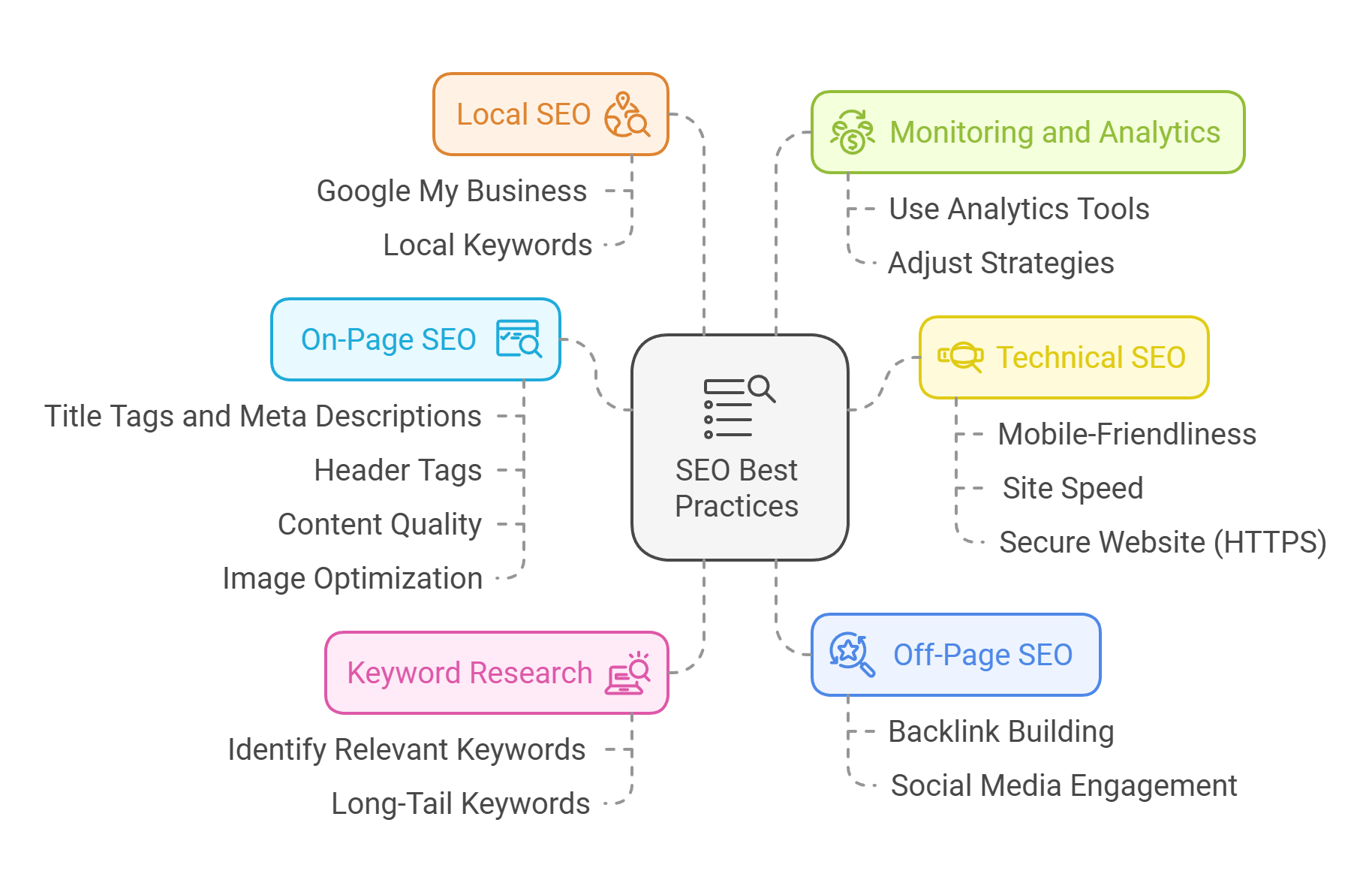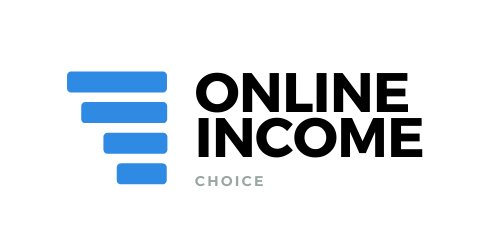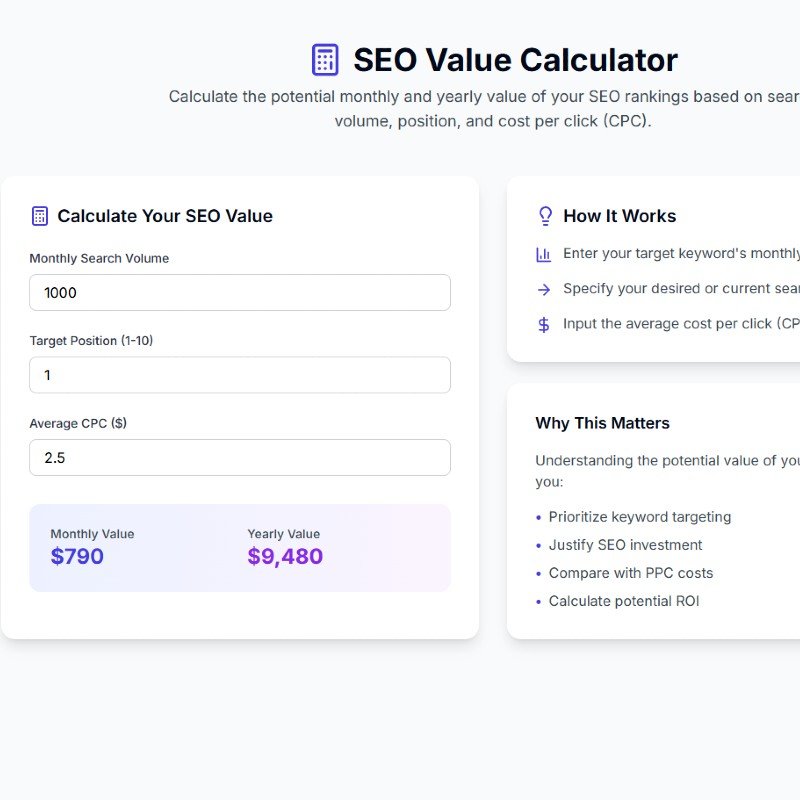The Ultimate Guide To SEO Best Practices For Online Marketing Success
SIR JOHN TEMPLETON | INVESTOR, BANKER, PHILANTHROPIST
4 most expensive words...
The four most expensive words in the English language are, ‘This time it’s different’.
Did you know that effective online marketing heavily relies on SEO best practices? Optimising your website using these practices can significantly impact your search engine rankings and increase your online visibility. By implementing the right strategies, you can attract more organic traffic and achieve better results for your online marketing efforts.
Key Takeaways:
- Implementing SEO best practices is crucial for enhancing your online marketing strategy.
- By optimising your website, you can improve search engine rankings and attract more organic traffic.
- Consistency in content creation, keyword optimisation, backlink strategies, and focusing on user experience are key elements of effective SEO.
- Technical SEO plays a vital role in improving your website's online visibility.
- Creating engaging content, utilising meta descriptions, and internal linking is important for successful content marketing and SEO strategies.
Want to listen? This content is available on Spotify
Ready to start?
Understanding The Fundamentals Of SEO Best Practices
When it comes to optimising your website for search engines, there are several fundamental SEO best practices that you need to understand. These practices can significantly impact your website's visibility and organic traffic. In this section, we will delve into the importance of consistent content creation, keyword optimisation, and backlink strategies.
The Importance Of Consistent Content Creation
Consistent content creation is a cornerstone of successful SEO strategies. By regularly producing high-quality content, you can establish authority and relevance for your website. Search engines value fresh and informative content, and by consistently delivering valuable insights to your audience, you can improve your online presence and attract more organic traffic.
When creating content, it's essential to focus on providing value to your readers. Conduct thorough research to identify relevant topics and keywords that align with your target audience's interests. By addressing their pain points and offering solutions, you can establish yourself as a trusted source of information and increase your chances of earning high-quality backlinks.

Keyword Optimisation: Balancing Density And Relevance
Keyword optimisation is a critical factor in improving your website's search engine rankings. However, it's important to strike a balance between keyword density and relevance. Keyword stuffing can result in a poor user experience and even lead to penalties from search engines.
When optimising your content, focus on incorporating keywords naturally and strategically. Place keywords in key areas such as the page title, headings, meta description, and throughout the body of the content. Aim for a keyword density of around 1-2% to ensure that your content remains readable and valuable to your readers.
Backlink Strategies For Authority And Trustworthiness
Backlinks, or links from other websites pointing to yours, are crucial for establishing authority and trustworthiness in the eyes of search engines. Building a strong backlink profile can significantly impact your search engine rankings and increase your online visibility.
When implementing backlink strategies, focus on acquiring high-quality backlinks from reputable sources. Reach out to industry influencers, guest post on authoritative websites, or participate in relevant online communities. Building genuine relationships and providing valuable content can help you earn backlinks naturally, strengthening your website's authority and trustworthiness.
Remember, backlink strategies should be an ongoing effort rather than a one-time endeavour. Continuously monitor your backlink profile and identify opportunities for improvement. Regularly audit and disavow any low-quality or spammy backlinks to maintain a healthy backlink profile.

Mastering SEO: Boost Your Website Traffic
Comparing Different Backlink Strategies
| Backlink Strategy | Advantages | Disadvantages |
|---|---|---|
| Guest posting on authoritative websites |
|
|
| Participating in relevant online communities |
|
|
| Collaborating with industry influencers |
|
|
The Role Of Technical SEO In Online Visibility
Technical SEO plays a crucial role in improving your website's online visibility. It involves optimising various technical aspects of your website, such as site speed, mobile-friendliness, and site structure.
By ensuring that your website meets technical SEO guidelines, you can improve its crawlability, indexability, and overall performance in search engine rankings.
SEO Best Practices
To improve your website's visibility and attract more organic traffic, it's important to implement SEO best practices. This section will cover three key areas: strategising with keyword research, leveraging on-page optimisation techniques, and utilising analytics tools to monitor performance.
Strategising With Keyword Research
Keyword research is a vital part of any SEO strategy. By identifying relevant keywords that align with your target audience's search queries, you can optimise your content to rank higher in search engine results. Conducting thorough keyword research will help you understand the search intent behind specific queries and allow you to tailor your content to meet those needs.
Leveraging On-Page Optimisation Techniques
On-page optimization is crucial for improving the visibility and relevance of your web pages. It involves optimising various elements, such as title tags, meta descriptions, heading tags, and URLs. By optimising these elements with relevant keywords, you can improve your website's chances of ranking higher in search engine results.
Utilising Analytics Tools To Monitor Performance
Regularly monitoring the performance of your website is essential to understanding the effectiveness of your SEO strategy. By utilising analytics tools like Google Search Console, SEMrush, Ahrefs, or Moz, you can track important metrics such as organic traffic, bounce rate, and keyword rankings. These insights will help you make data-driven decisions to continually optimise your SEO strategy and achieve better results.
Enhancing User Experience To Improve Search Rankings
Enhancing user experience is a key factor in improving your search rankings. By optimising your website's design, navigation, site speed, and mobile-friendliness, you can provide a seamless and enjoyable experience for your users, which ultimately leads to higher search engine rankings.
One crucial aspect of enhancing user experience is ensuring that your website's design is user-friendly and visually appealing. A clean and intuitive layout, with easy-to-read text and well-organised content, can help users navigate your site effortlessly and find the information they need.
In addition to design, optimising site speed is essential for a positive user experience. Slow-loading pages can frustrate users and lead to high bounce rates, negatively impacting your search rankings. Take steps to improve your site's speed by optimising image sizes, caching content, and choosing a reliable hosting provider.
Unlock Your Online Earning Potential
Subscribe and take the first step towards financial freedom by discovering proven strategies for generating income online. Fill in your details below and click the button to get started now!
Mobile-friendliness is another critical aspect of user experience. With an increasing number of users accessing the internet through mobile devices, it is essential to ensure that your website is mobile-responsive. This means that your site adjusts automatically to fit various screen sizes, providing a seamless experience across devices.
By prioritising user experience and implementing these optimisations, you can not only improve your search rankings but also attract and retain more visitors to your website. Remember to regularly monitor and analyse user behaviour on your site to identify areas for improvement and stay ahead of the competition.
Providing a positive user experience is not only beneficial for search rankings but also for building a loyal user base and driving conversions. Investing in user experience enhancements is a worthwhile strategy for long-term success in the online landscape.
Content Marketing And SEO: A Symbiotic Relationship
Content marketing and SEO have a symbiotic relationship, as high-quality content is crucial for successful SEO strategies. When implemented effectively, content marketing can enhance your website's visibility, attract organic traffic, and improve search engine rankings.
5 Powerful SEO Keyword Research Tips To Rank On Google
Creating Engaging And Shareable Content
Engaging and shareable content is a cornerstone of content marketing. By crafting compelling and relevant content, you can capture the attention of your audience and encourage social sharing. When your content is shared, it not only increases brand exposure but also has the potential to acquire valuable backlinks, which can significantly boost your website's authority in the eyes of search engines.
Creating engaging and shareable content involves understanding your target audience, researching trending topics, and presenting information in a captivating and easy-to-digest manner. Whether it's through infographics, videos, blog posts, or interactive elements, the key is to provide valuable and enjoyable content that resonates with your audience.
Effective Use Of Meta Descriptions To Increase Click-Through Rates
Meta descriptions play a crucial role in influencing click-through rates from search engine results pages. Crafting compelling and keyword-rich meta descriptions can entice users to click on your website.
When creating meta descriptions, keep them concise, engaging, and relevant to the content of the page. Include keywords that accurately represent the page's content and highlight its unique value proposition. By doing so, you increase the likelihood of capturing the attention of users and driving them to click on your website.
Recommended Resources
Internal Linking: Strengthening Site-Wide Navigation
Internal linking is a powerful SEO technique that strengthens site-wide navigation and improves the overall user experience. By strategically linking relevant pages within your website, you can enhance the discoverability and crawlability of your content.
When implementing internal linking, consider the context and relevance of the linked pages. Choose anchor text that accurately describes the linked content and provides additional value to the user. By incorporating internal links, you not only guide users through your website but also help search engines understand the hierarchy and relationship between different pages.
By creating engaging and shareable content, utilising effective meta descriptions, and implementing internal linking strategies, you can enhance your content marketing efforts and optimise your SEO strategy. This symbiotic relationship between content marketing and SEO is key to achieving long-term success and attracting organic traffic to your website.
Unlock The Secrets To Building A 6-Figure Online Income
Subscribe and get instant access to our exclusive guide and start generating a life-changing income. Click below to get started now!
The Bottom Line
Incorporating SEO best practices into your online marketing strategy is crucial for improving your website's search engine rankings. By implementing consistent content creation, keyword optimization, and enhancing user experience, you can increase your website's visibility and attract more organic traffic.
Consistent content creation plays a vital role in building authority and relevance for your website. By regularly producing high-quality and relevant content, you can establish your online presence and attract a larger audience. Additionally, keyword optimization helps improve your content for specific search queries, improving your chances of ranking higher in search engine results.
Overall, by implementing these SEO best practices, you can enhance your online marketing efforts and achieve higher search engine rankings. It is essential to stay up-to-date with the latest SEO trends and techniques to maintain your competitive edge in today's digital landscape. Start implementing these practices today and watch your website's visibility and organic traffic soar.
Glossary Of Key Terms
- SEO (Search Engine Optimization): The practice of increasing the quantity and quality of traffic to your website through organic search engine results.
- Organic Traffic: Traffic that comes to your website naturally from search engine results pages (SERPs), as opposed to paid advertising.
- Keyword: A term or phrase that people enter into search engines. Effective SEO involves researching and targeting relevant keywords.
- Keyword Density: The percentage of times a keyword appears on a web page compared to the total number of words.
- Keyword Stuffing: The practice of overusing keywords on a page in an attempt to manipulate search rankings. This can lead to penalties from search engines.
- Backlink: A link from one website to another. High-quality backlinks are crucial for SEO, as they signal to search engines that your site is trustworthy and authoritative.
- Backlink Profile: The overall collection of backlinks pointing to a particular website.
- Technical SEO: The optimisation of technical aspects of a website that affect its visibility to search engine crawlers, such as site speed, mobile-friendliness, and site structure.
- User Experience (UX): The overall experience a user has when interacting with a website. A positive UX is essential for SEO.
- Content Marketing: The creation and distribution of valuable, relevant, and consistent content to attract and engage a clearly defined audience.
- Meta Description: A brief summary of a web page's content that appears below the blue link in search engine results pages. Well-written meta descriptions can improve click-through rates.
- Click-Through Rate (CTR): The percentage of people who click on a specific link out of the total number of people who see it.
- Internal Linking: The practice of linking to other relevant pages within your own website. Effective internal linking improves site navigation and user experience.
- Affiliate Marketing: A type of performance-based marketing where a business rewards one or more affiliates for each visitor or customer brought by the affiliate's own marketing efforts.
FAQ
SEO best practices are a set of guidelines and techniques that help improve your online marketing strategy and achieve higher search engine rankings. They include consistent content creation, keyword optimization, backlink strategies, technical SEO, and user experience enhancements.
By implementing SEO best practices, you can increase your website's visibility and attract more organic traffic. This can lead to higher search engine rankings and improved online visibility, resulting in more potential customers discovering your business.
Consistent content creation is a fundamental SEO best practice as it helps to build authority and relevance for your website. By regularly producing high-quality content, you can enhance your online presence and attract more organic traffic from search engines.
Keyword optimization is the process of balancing the density and relevance of keywords in your content to improve search engine rankings. By targeting specific keywords that are relevant to your business and target audience, you can increase the visibility of your website in search engine results.
Backlink strategies involve building high-quality backlinks from reputable sources. By acquiring backlinks from other websites, search engines consider your website to be more trustworthy and authoritative in your industry. This can positively impact your search engine rankings and increase your online visibility.
Technical SEO involves optimising various technical aspects of your website, such as site speed, mobile-friendliness, and site structure. By ensuring that your website meets technical SEO guidelines, you can improve its crawlability, indexability, and overall performance in search engine rankings, leading to better online visibility.
Strategising with keyword research involves identifying relevant keywords and incorporating them into your content strategy. By conducting thorough keyword research, you can target specific search queries and optimise your website for relevant keywords, ultimately improving your search engine rankings.
On-page optimization techniques include optimising title tags, meta descriptions, heading tags, and URLs, among other elements. By implementing these techniques, you can improve the visibility and relevance of your web pages, making it easier for search engines to understand and rank your content.
Analytics tools such as Google Search Console, SEMrush, Ahrefs, or Moz provide insights into various aspects of your website's performance, including organic traffic, keyword rankings, backlink profiles, and user engagement metrics. By analysing this data, you can make data-driven decisions to improve your SEO strategy and optimise your website for better performance.
Enhancing user experience is a key factor in improving your search rankings. By optimising your website's design, navigation, site speed, and mobile-friendliness, you can provide a seamless and enjoyable experience for your users. This ultimately leads to higher search engine rankings as search engines prioritise websites that offer a positive user experience.
Content marketing and SEO have a symbiotic relationship. High-quality content is crucial for successful SEO strategies as it attracts organic traffic and increases the chances of acquiring backlinks. By creating engaging and shareable content, you can improve your website's visibility and enhance your SEO efforts.
Meta descriptions are displayed in search engine results pages and act as a summary of your web page content. Crafting compelling and keyword-rich meta descriptions can entice users to click on your website, increasing your click-through rates and driving more organic traffic.
Internal linking is a powerful SEO technique that involves linking relevant pages within your website. By strategically interconnecting your web pages, you can enhance the discoverability and crawlability of your content. This strengthens site-wide navigation and improves the overall user experience, leading to better search engine rankings.



